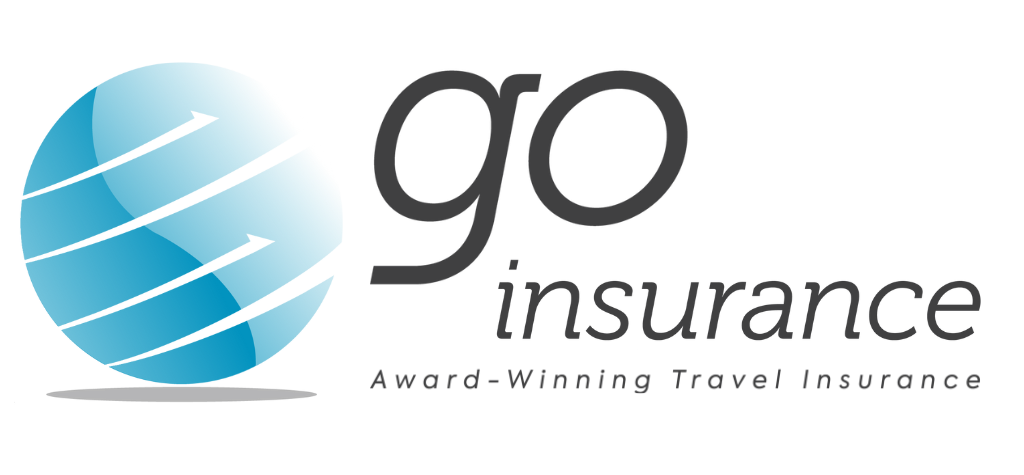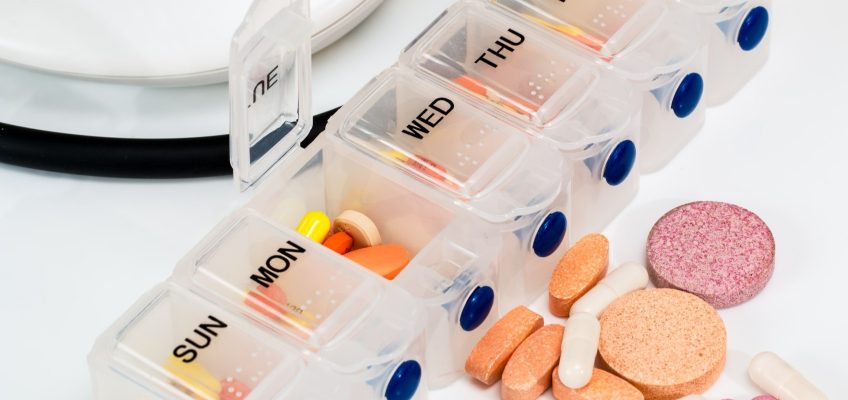Do you take prescription medication, supplements or vitamins? Do you need to use medical devices such as needles, syringes or health monitoring machines?
If you are planning to travel overseas, you’ll need to be familiar with the rules around what you can take with you and how you should carry it.
Australia has regulations for carrying medication in and out of the country. Most other countries also have their own rules around carrying medications and medical devices across their borders. It’s important to understand that these rules may be different to Australian regulations.
Some countries do not allow you to bring certain medications and medical devices across their borders. If you try to, they will be confiscated and you may incur penalties for breaching the law.
Some countries will allow you to bring only a certain amount of medication (eg 30 days supply or 3 months supply). Sometimes you will need to obtain an import permit.
Some medications are completely banned in certain countries (eg it is illegal to take certain psychiatric medication into some Asian countries). Other medications such as Codeine are classified as controlled substances in some countries and not available over the counter.
So where do you start?
The best way to find out if the country you are travelling to allows you to bring your medication and medical devices is to check with that country’s consulate. Details of each country’s consulate are available on the Department of Foreign Affairs and Trade smartraveller website. Once you know that you can take your medication and medical devices, you can apply for an import permit (if required).
Have a pre-travel chat with your doctor to discuss your travel plans. You cannot fill Australian prescriptions overseas so you will need to take sufficient medication for the duration of your trip with you. Also take a little extra – in case your return home is delayed for any reason. You don’t want to find you run out of medication and have to find a local doctor to obtain additional supplies. In some cases, it is simply not possible to obtain your usual medication overseas so it’s best to take a little extra just to be on the safe side.
If you take medication or use medical devices as part of your regular healthcare regime, ask your doctor to provide a letter / medical certificate confirming that you are travelling with medication or medical devices and that these are for your own personal use. Ask the doctor to note each medication (inc dosage) and device you use. Carry that letter and if possible your prescription with you whilst travelling. Most doctors are familiar with this request but if you need help, the Department of Human Services website has a sample letter you can download for your doctor to use.
When travelling, keep your prescription drugs, complementary medicines, vitamins and supplements in original packaging. This helps customs officials quickly identify what they are. The same goes for medical devices if at all possible.
You should always carry important medication and medical devices in your hand luggage. This ensures you wont be parted company with your medication or devices if your hold luggage goes missing during transit. As a general statement, medications are not subject to the 100ml liquid, gel and aerosol restrictions but best to check with your chosen airline to make sure.
Some medications require refrigeration. Not many airlines will store your medications in their onboard fridge so if you have medications that must be kept cool, you will need to make your own arrangements. Using gel packs is a good idea but failing that, take some zip lock bags and ask the cabin crew to fill them with ice for you. If your budget allows, there are also cold storage carry bags specifically designed for travellers.
Travelling with medication and medical devices takes a little forethought. However, with a little planning and preparation, there is no reason your regular medical regime should disrupt your travel plans.
Got questions? Why not call us on 1300 819 888 or send us an email info@goinsurance.com.au


